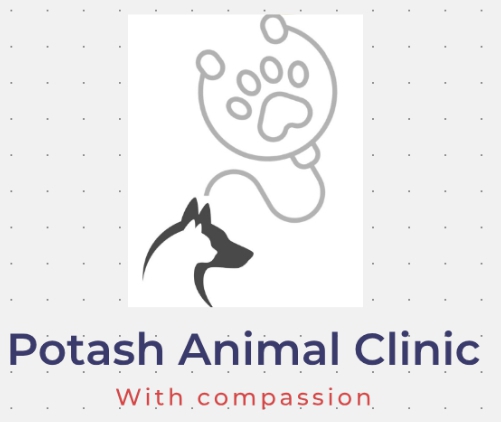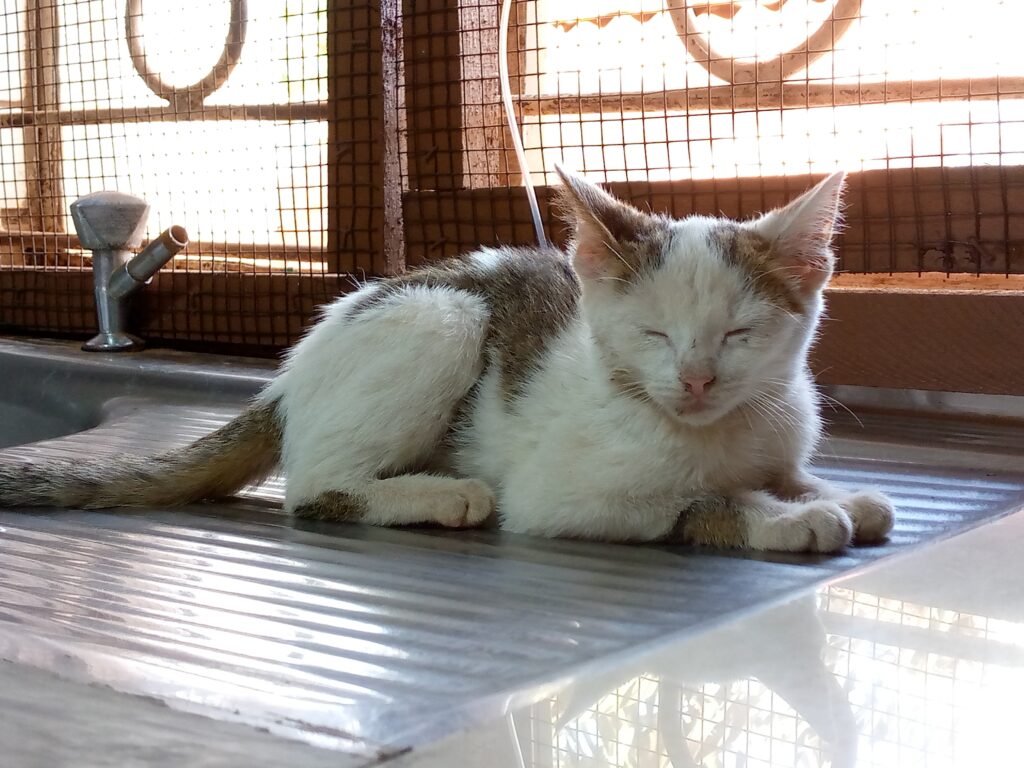Commonly asked questions
- What can I do to prevent my dog from getting sick?
- What can I do to prevent my cat from getting sick?
- How do I make my dog not sick?
- What makes dogs stop being sick?
- What are the most common reasons dogs get sick?
- How do you save a sick dog?
- How to stop a dog from being sick?
- How do I stop my dog from throwing up in the morning?
- Why are dogs getting sick?
- What can I give my cat that keeps being sick?
- How do I make my cat not sick?
- How do I prevent my cat from getting sick?
- Why is my cat constantly sick?
- How do I make my cat less sick?
Dogs and cats can get a number of disease/conditions from different sources. These can be infectious like in the cases of viral and bacterial infections or non-infectious like in cases of abrupt changes in diet and in cases of dietary deficiency and poisoning. These diseases and/or conditions can be prevented if appropriate control strategies are followed. These strategies include;
1. Vaccination
Regular vaccination of your dog and cat will help to reduce on the risk of getting diseases. Cat and dogs can be vaccinated against a number of diseases which include: rabies, parvovirosis, canine distemper and infectious canine hepatitis in dogs, and feline infectious peritonitis, feline panleukopenia, cat flue among others. Talk to you veterinary doctor about the most appropriate vaccine and vaccination schedule for your pet.
2. Routine deworming
Cats and dogs can be infested by a number of worms. The worm burden will increase if your pet is left so long without being dewormed. This will intern will affect the life of your pet. It is therefore important to follow a recommended deworming schedule and ensuring that no deworming date is missed.
3. Clean environment
Providing a clean environment for your cat and/dog and ensuring a good hygiene at all times. Regular disinfection of their houses as well as the food and water dishes, litter boxes and toys is also essential in controlling infections
4. Routine veterinary check-ups
Routine veterinary check-ups ensure early detection of certain infections and diseases and their subsequent treatment. These routine checkup are usually a companied by a comprehensive physical evaluation and performance of necessary diagnostic tests such as blood work, CT scan, x-rays among others all of which help to detect certain condition at early stages.
5. Providing safe food
Feeding your pets on a balanced diet helps to protect your pet from certain infections. Also avoiding certain feeds as recommended by your veterinary doctor also help to protect your pet. These include chocolate in dogs and feeding food without salt.
6. Effective ecto-parasite control
Dogs and cats can be affected by a number of ecto-parasites. These include fleas, ticks and mites. The ecto-parasites can cause devastating condition to your pets. Following a routine recommended ecto-parasite control strategy will help to reduce and/or control these effects. These include
- Washing your pet regularly with medicated shampoo
- Regular spraying of the pets and their surrounding environment with appropriate acaracides
- Routine administration of medicines that can kill these ecto-parasites such as drontal, simparica and/or bravecto
7. Spaying/neutering of pets
These procedures can help to reduce on the risks of certain condition. For example spaying reduces on the risk of pyometra in female dogs. Because the animals are no longer sexually active, sexually transmitted diseases are prevented such as Transmissible venereal tumor(TVT) in dogs.
8. Isolation of sick pets
This is important in cases where the pet owner has more than one pet. Isolation of the sick pets will help to reduce the risk of spreading the infections from one dog/cat to another.
Conclusion
Knowing the right things to do, how to do them, where to do them and how to do them will help to reduce on the risk of diseases in your dogs and/or cats. its therefore very important for you to talk to you veterinary doctor about the health of your dog and/or cat, as well as the Do and Dont, and ensuring that you follow the doctor’s advice to reduce on this risk of disease.

